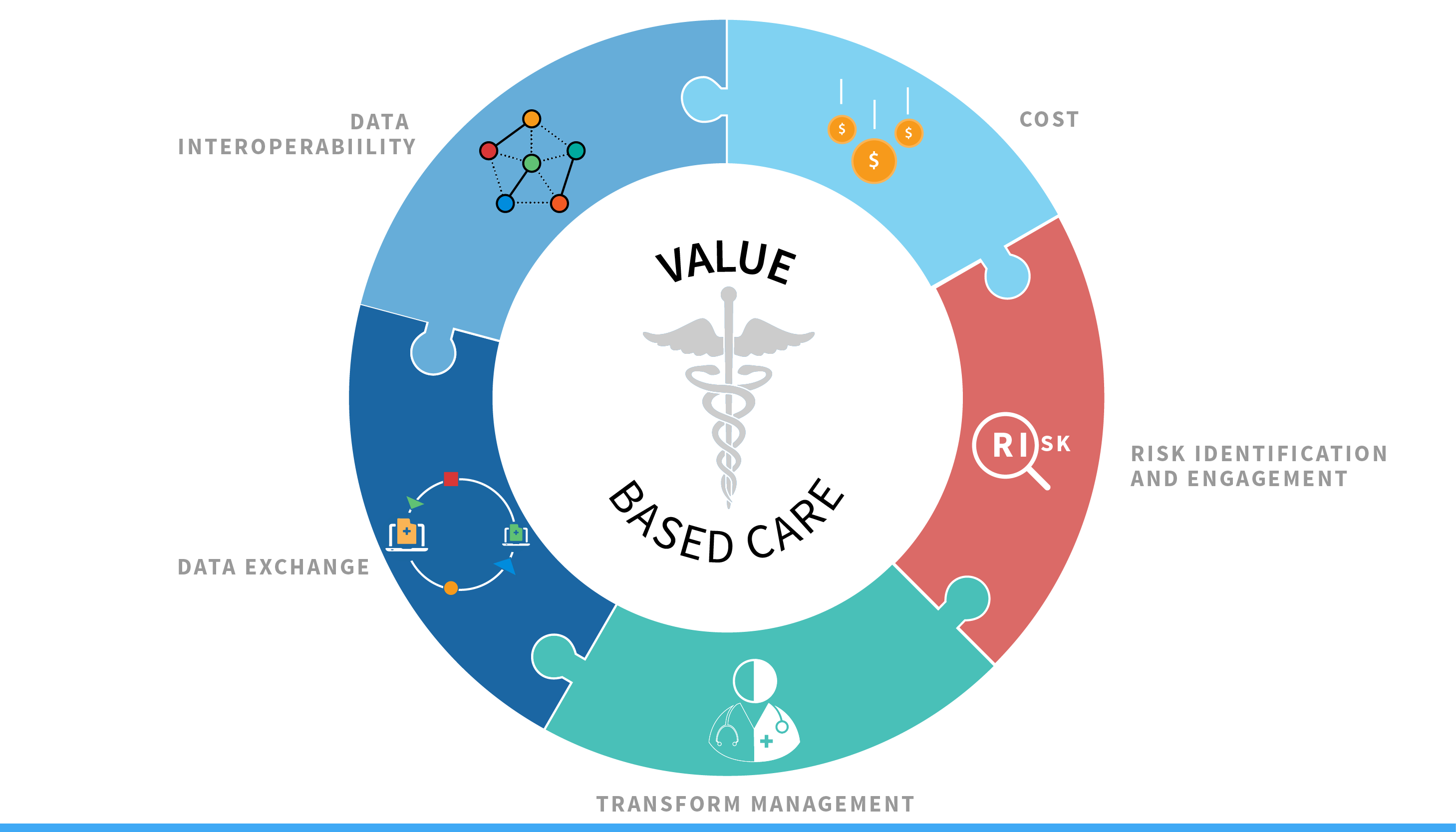It has been an honor to speak with prof. Paulus Torkki, advisor to Ministry of Social and Healthcare in Finland and Associate professor of Healthcare Operations Management, University of Helsinki. Prof. Torkki held class about value-based care for health professionals in Chamber of Commerce and Industry of Serbia. We asked him to comment on some burning topics in today’s healthcare and management.
Medicinar: We were talking about different approaches to organization and funding of healthcare systems. So, what do you think is the future of healthcare in this brave new capitalist world?
Prof. Torkki: It looks like nowadays all kind of systems have problems, possibly because of the aging of our population. In terms of financing healthcare services, I think that funding should be public, either through public insurances or taxes. On the other hand, service delivery could be more private. Private companies are more flexible and open to innovations. We can see that kind of cooperation in France or Canada, where the state is financing healthcare services, but their delivery is made by public and private sector together. Point is that public and private sector don’t need to be enemies, they should work together, that kind of cooperation is the future.
Medicinar: We say that access to healthcare is a basic human right. But taking into consideration all the inequalities present today, do we still believe that everyone has the right to healthcare?
Prof. Torkki: I think that health services have developed so much in recent 50 years, completely redefying what healthcare can actually do. So, it has to be redefined also what services do you have absolute access to and what should be paid extra. It is impossible to expect an appointment to a specialist or an expensive service immediately if it’s not a matter of life or death. So first of all, we need do define more clearly what are the basic services guaranteed to every citizen and financed by the state. Then we can think about the rest, how it can be regulated and still affordable to everyone.

Prof. Paulus Torkki (Lecturer, University of Helsinki), Mila Glavaški (Main organizer and PhD student, University of Novi Sad), Aleksandar Stevanović (University of Belgrade)
Medicinar: Could you comment the ongoing situation in the United States? What do you think of this kind of healthcare system and the efforts to give it a more humane face?
Prof. Torkki: It’s very difficult to answer that question. United States are completely different from European countries, both culturally and economically speaking. It is a very expensive healthcare system, sometimes showing us admirable quality and great innovations. As I said before, I believe that in long-term funding should be public and then service can be delivered by private players. When funding is left to individuals it certainly leads to bigger inequalities, sooner or later.
Medicinar: What about European Union regulations? Should we hope for some transnational institution that would regulate our healthcare policies or should it stay a national decision?
Prof. Torkki: At the moment healthcare systems in EU are very different and very national. This will probably stay true in the recent future. European Union could give guidelines and support to those national healthcare systems, maybe even set some limitations and red lines which should not be crossed. Knowing that problems are very complex and tied to different societies and cultures, I would say that the question of healthcare should be still solved on the national level but following EU guidelines and regulations.

Prof. Paulus Torkki explaining the basic principles of value-based healthcare.
Medicinar: You have mentioned that Finland is also facing lack of doctors. Serbia is preparing for a potential healthcare crisis since many of its doctors are emigrating to richer countries of Western Europe. How do you motivate young doctors to stay?
Prof. Torkki: First, let me say that every healthcare system always lacks doctors. It is not only the question of how many doctors does one country have, but more what it expects them to do. If a doctor has to spend much time working on non-medical tasks such as administration and paperwork, he will have less time to treat the patients, so more doctors are going to be required. On the other hand, number of doctors and their motivation to work has to be took into consideration when you are organizing a healthcare system and bringing innovations. In the end, incentive of healthcare professionals has to align with objectives of the system.
Medicinar: Recently, there was a case of a drug which license was sold to a private company. What happened after is that a relatively affordable drug used in treating infections in HIV-positive patients became extremely expensive overnight. How do you make a balance between state regulations and free-market?
Prof. Torkki: That is a good example of why I say that funding should be public. Public government has more power to negotiate prices with pharmaceutical companies when making contracts. There are many reasons why there cannot be a free-market in healthcare. First reason is information asymmetry: doctors are highly educated professionals whereas patients are not just regular customers or consumers. Health itself is so personal to people, so you cannot expect them to decide objectively in the state of sickness. That’s why those questions should be definitely (inter)nationally regulated.

Medicinar: Speaking of public health, there is another new term that is emerging: global health. Are we ready to think on a global scale?
Prof. Torkki: Yes, what we use to call public is becoming global due to globalization. I think that we should always try to keep that global aspect in mind. It is good to benchmark where is your system compared to others in the world. Can smaller systems learn from bigger ones and vice versa? Also, we have to be aware of global treats such as pandemics, so we can prepare ourselves in advance. Only through that mutual cooperation we stand a chance in the future.
Medicinar: In our medical curriculum, we don’t talk too much about economics. What would be your advice to our students? Does a future doctor need to understand the basics of economics?
Prof. Torkki: Today, majority of healthcare systems have sustainability problems e.g. problems with money. If you want to improve the health of a population as a whole, you cannot focus only on a single patient. Economically speaking, every decision can affect everyone. As a doctor, you have to know that if you chose a service for one patient, it might limit other patient’s possibilities. It is the art of balancing between what is best for someone and what is best for everyone. You don’t have to be an economist to understand all this, it is a principle that needs to be followed just like any other law in medicine: How will this decision affect everyone else?
A.S.







